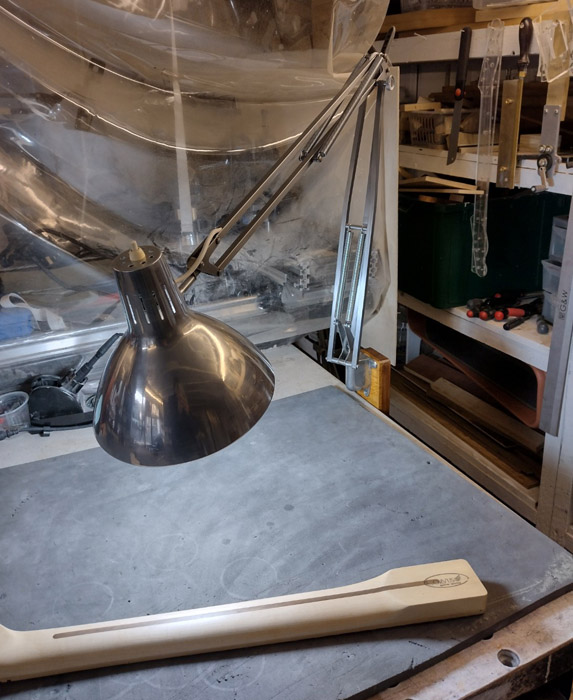Jacob
What goes around comes around.
Fiddling around with banjo on a table and thought it'd be a good idea to have a bench for the job. Perhaps 2x3ft with a well for bits n bobs, a vice, a drawer or two.
Sounds simple enough.
Any particularly good designs or ideas I might incorporate?
Sounds simple enough.
Any particularly good designs or ideas I might incorporate?









































